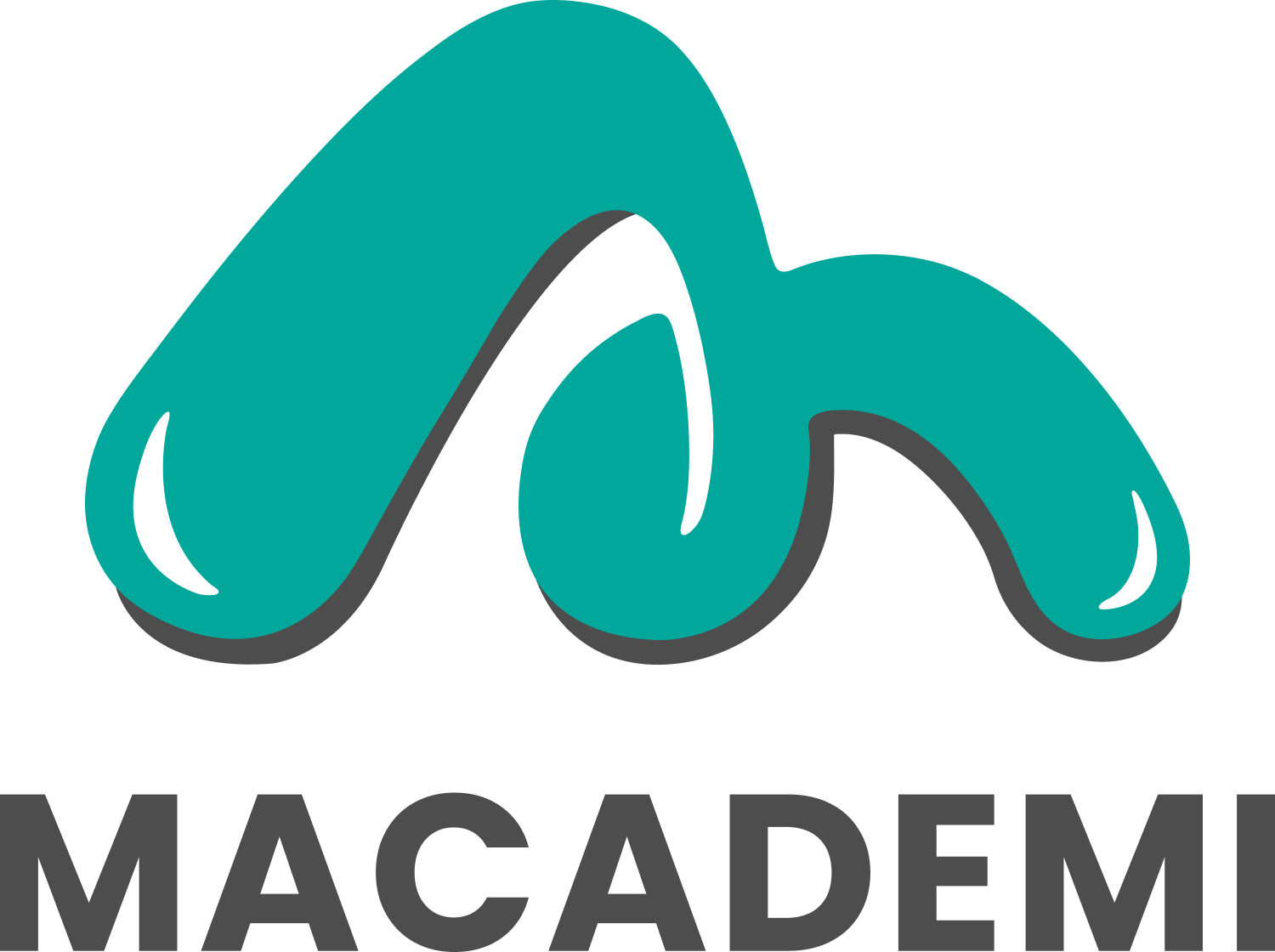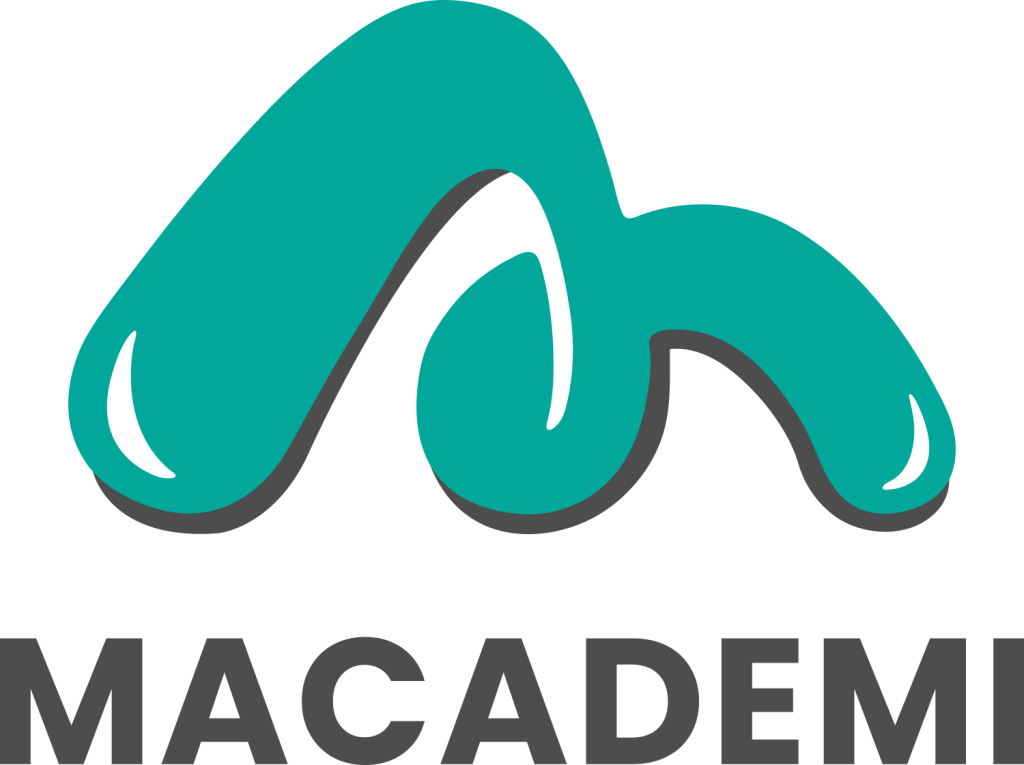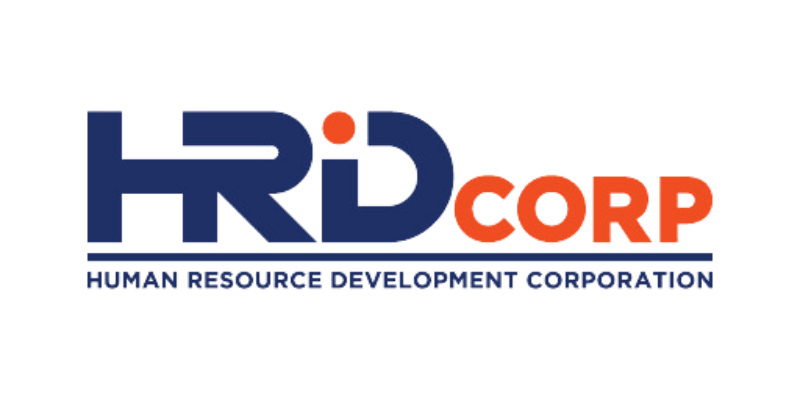MACC Act 2009 and ESG

This program provides a dual focus on the MACC Act 2009’s Corporate Liability provisions and the integration of ESG (Environmental, Social, and Governance) principles into business practices. Participants will gain insights into compliance requirements, the importance of sustainability reporting, and governance frameworks critical for listed companies. The course will delve into the implications of Section 17A of the MACC Act 2009, ensuring that attendees understand the necessary adequate procedures. Additionally, the program will explore the T.R.U.S.T. principles in depth and their practical application. By integrating ESG with business objectives, participants will develop robust strategies to enhance corporate governance and sustainability performance, thus aligning with Bursa Malaysia’s Listing Requirements and global ESG standards.
- Directors and Senior Management of listed companies
- Risk and Compliance Officers
- Sustainability and Governance Professionals
- Corporate Liability: Understand Section 17A of the MACC Act 2009 and its implications.
- Adequate Procedures: Explore T.R.U.S.T. principles and their application.
- Sustainability Reporting: Learn about Bursa Malaysia’s Listing Requirements and ESG frameworks.
- Governance Integration: Develop strategies for aligning ESG with business objectives.
By the end of this course, participants will:
- Understand the legal and ethical requirements under the MACC Act 2009.
- Implement sustainability governance and reporting frameworks.
- Align ESG practices with organizational goals.
- Avoid common pitfalls in compliance and reporting.
- Module 1: Introduction of MACC Act 2009
- Definitions of bribery and corruption with illustrations
- The MACC Act 2009 – relevant sections on corruption, including penalties on conviction
- Section 17A of MACC Act 2009 – contents and implications for PLC’s, its Directors and Management
- Examples and potential root causes of corruption that may implicate commercial organizations
- Bursa Securities’ listing requirements on anti-bribery and corruption
- Module 2: Guidelines on Adequate Procedures
- The following 5 Principles of “T.R.U.S.T.” as lines of defense:
- Top-level Commitment
- Risk Assessment
- Undertake Control Measures
- Systematic Review, Monitoring & Enforcement
- Training & Communication
- Module 3: Practical Scenarios and Case Studies
- Case study of a commercial organization and reasons for its conviction
- Examples of corruption scenarios and suggested responses
- Focus of role-specific personnel in a typical commercial organization – operations, risk management, compliance, and internal audit
- Module 4: Sustainability Governance, Management and Reporting: The ESG Agenda
- A typical Governance Structure of a listed issuer
- Definition of sustainability and its growing prominence in business (including some business case for ESG agenda)
- Amendments to the Listing Requirements – enhanced Sustainability Reporting Framework for Main Market listed issuers, covering the following 4 key areas for reporting:
- Prescribed common sustainability matters, including indicators, and their management in relation to the targets set by the organization
- The 3-year quantitative data in prescribed format for each indicator and the target set, if any
- Recommendations of TCFD, detailing the pillars of coverage and elements of disclosure
- The Statement of Assurance accompanying a listed issuer’s Sustainability Statement or Report
- Module 6: Sustainability Guides and Standards
- Overview of the Sustainability Reporting Guide and Toolkits
- New Sustainability Disclosure Standards (IFRS S1 and IFRS S2) issued by the International Sustainability Standards Board – impact on PLC’s
- Addressing challenges in ESG compliance
—
—
—



